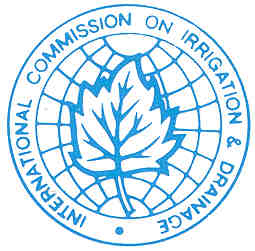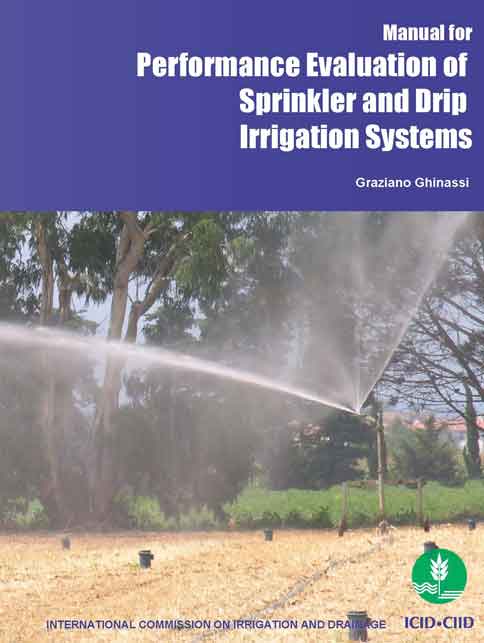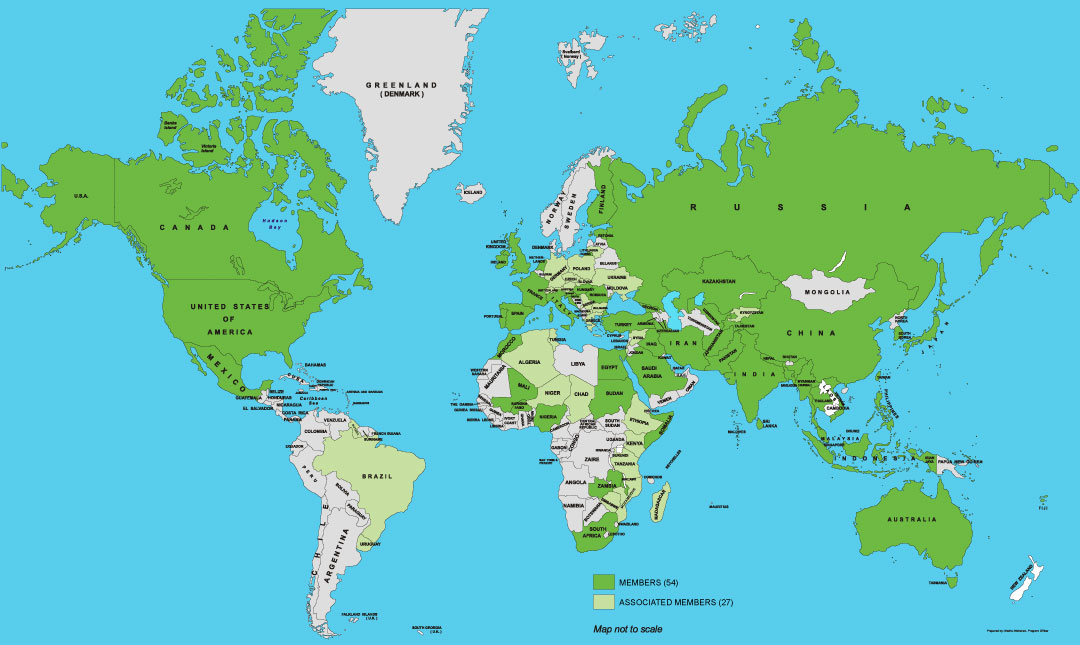International Commission on Irrigation & Drainage Commission Interationale des Irrigation et du Drainage
- Home
-
About
- Members
-
Workbodies
Permanent Committee for Technical Activities (PCTA)
- WG on Adaptive Flood Management (WG-AFM)
- WG-Water Saving in Irrigated Areas (WG-WATS)
- WG on Climate Change and Agrl. Water Management (WG-CLIMATE)
- Working Group on Environment (WG-ENV)
- WG on Irrig. and Drain. in the States under Socio-Eco. Trans. (WG-IDSST)
- WG on Manag. Water Scar. under Conflict Demands (WG-MWSCD)
- WG on Sustainable Development of Tidal Areas (WG-SDTA)
- WG on Capacity Devt., Training and Edu. (WG-CDTE)
- WG on History of Irrigation, Drainage and Flood Control (WG-HIST)
- ICID Journal Editorial Board (EB-JOUR)
- TF for Updating and Mainten. of Multiling. Tech. Dict. (TF-MTD)
- TF to Guide ICID Inputs to 10th World Water Forum (TF-WWF10)
- Working Group on Value Engineering (WG-VE)
- WG on Sustain. On-Farm Irrig. Sys. Development (WG-SON-FARM)
- WG on Water Food Energy Nexus (WG-WFE-N)
- WG on Use of Non-Conven. Water Res. for Irrig. (WG-NCWRI)
- WG on Irrigation Development and Mgmt. (WG-IDM)
- WG on Institutional Asp. of Irrig. Drain. Sys. Mgmt. (WG-IOA)
- WG on Modernization and Revitali. of Irrig. Schemes (WG-M&R)
- Working Group on Rain Water Harvesting (WG-RWH)
- Working Group on Land Drainage (WG-LDRG)
- International Network of Service Providers for Irrigation Excellence (INSPIRE)
+Permanent Committee for Technical Activities (PCTA) +- WG on Adaptive Flood Management (WG-AFM)
- WG-Water Saving in Irrigated Areas (WG-WATS)
- WG on Climate Change and Agrl. Water Management (WG-CLIMATE)
- Working Group on Environment (WG-ENV)
- WG on Irrig. and Drain. in the States under Socio-Eco. Trans. (WG-IDSST)
- WG on Manag. Water Scar. under Conflict Demands (WG-MWSCD)
- WG on Sustainable Development of Tidal Areas (WG-SDTA)
- WG on Capacity Devt., Training and Edu. (WG-CDTE)
- WG on History of Irrigation, Drainage and Flood Control (WG-HIST)
- ICID Journal Editorial Board (EB-JOUR)
- TF for Updating and Mainten. of Multiling. Tech. Dict. (TF-MTD)
- TF to Guide ICID Inputs to 10th World Water Forum (TF-WWF10)
- Working Group on Value Engineering (WG-VE)
- WG on Sustain. On-Farm Irrig. Sys. Development (WG-SON-FARM)
- WG on Water Food Energy Nexus (WG-WFE-N)
- WG on Use of Non-Conven. Water Res. for Irrig. (WG-NCWRI)
- WG on Irrigation Development and Mgmt. (WG-IDM)
- WG on Institutional Asp. of Irrig. Drain. Sys. Mgmt. (WG-IOA)
- WG on Modernization and Revitali. of Irrig. Schemes (WG-M&R)
- Working Group on Rain Water Harvesting (WG-RWH)
- Working Group on Land Drainage (WG-LDRG)
- International Network of Service Providers for Irrigation Excellence (INSPIRE)
- Events & Activities
-
Awards & Recognition
- Publications
-
Knowledge
- Capacity Development
- News











